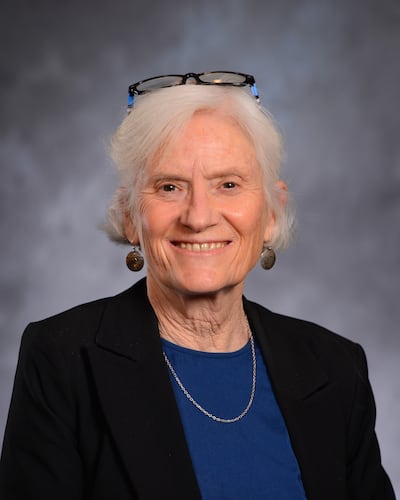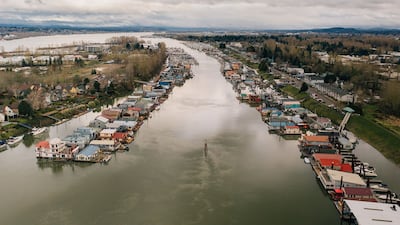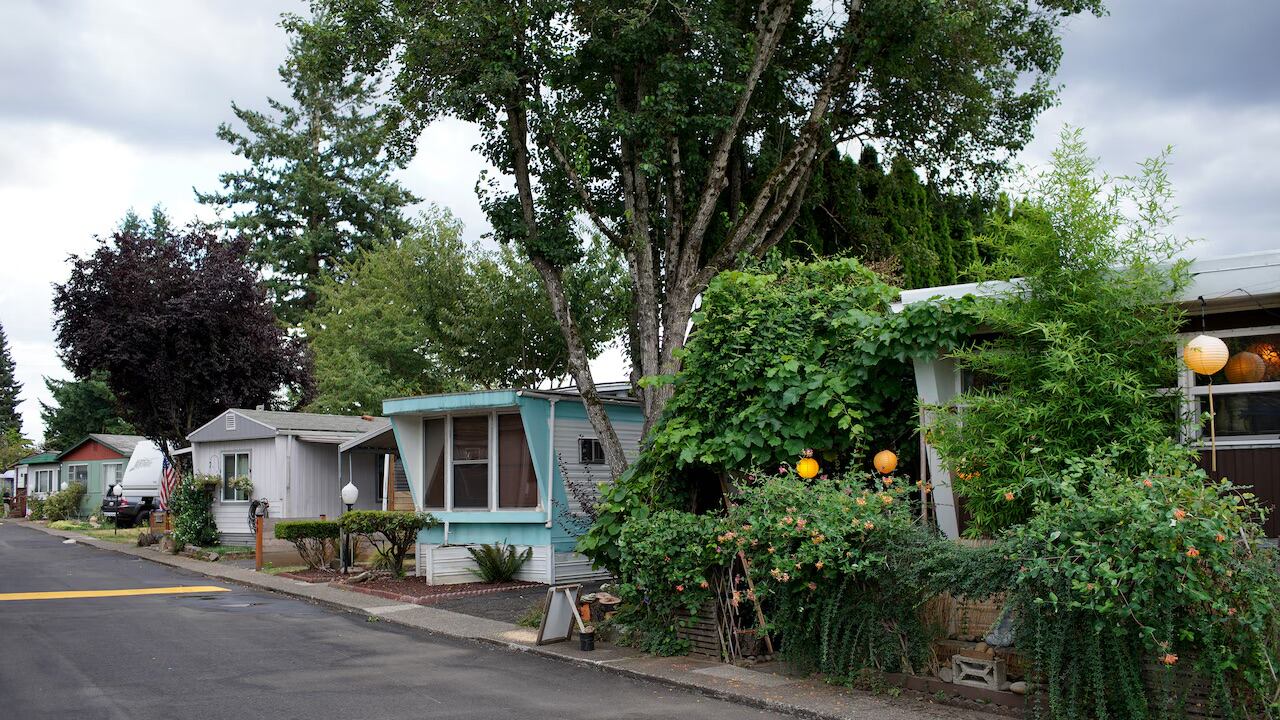CHIEF SPONSOR: State Rep. Pam Marsh (D-Ashland), along with 19 Democratic co-sponsors (and zero Republicans)
WHAT IT WOULD DO: HB 3054 takes a concept Oregon lawmakers love and economists hate—rent control—and ratchets it downward in two specific sectors of the housing market: marinas and manufactured home parks. Following on the heels of 2019 and 2023 bills that enacted and subsequently lowered the nation’s first statewide rent controls, HB 3054 would limit annual rent increases at parks and marinas of more than 30 homes to 6%. It would limit rent increases in parks with 30 or fewer homes to 10%, or 7% plus inflation, whichever is lower.
PROBLEM IT SEEKS TO SOLVE: People who live aboard floating homes and in manufactured home parks often own their homes but rent either dock space or the ground upon which their homes rest. Residents of manufactured homes, which make up 7% or so of Oregon’s housing stock, tend to earn modest paychecks and are often seniors living on fixed incomes. Lawmakers say they are among the state’s most economically vulnerable residents and easily exploited.

WHO SUPPORTS IT: Tenants from Oregon’s 1,000 or so manufactured home parks testified in droves in favor of the bill. Two key lawmakers—Marsh, who chairs the House Committee on Housing and Homelessness, and House Speaker Julie Fahey (D-Eugene)—also said in interviews that their districts, which have historically included the greatest concentration of manufactured homes in the state, provide numerous examples of why rent control for niche housing is essential.
Marsh says she had not previously been a big fan of rent caps, but after conversations with constituents, she changed her mind. “If you can’t pay the rent in a park, you can’t move,” Marsh says. “You can cut your budget or put your unit on the market. These residents are facing no win, terrible situations.”
For her part, Fahey acknowledges that Oregon is short 100,000 homes and that economic research strongly suggests capping rent discourages new investments in housing. “Mobile homes in parks are just an entirely different market,” she says. “They are a captive market. The other key difference is, nobody is building new mobile home parks, so you’re not discouraging investments.”

WHO OPPOSES IT: Mobile home park owners, who say they’ll struggle to earn a fair return on their investments, especially with utility costs spiking and property taxes rising a minimum of 3% a year.
Jody Lyon, executive director of the Oregon Manufactured Housing Association, says it’s bad policy to make a housing option that’s attractive to many Oregonians less commonplace. She notes that a lot of people prefer not to live in apartments and may not be able to afford other types of housing. “This bill will make mom-and-pop owners sell their parks,” Lyon says. “This bill will lower housing supply.”
Economists, including those at the consulting firm ECOnorthwest, have regularly told policymakers that capping rents generally has “unintended harmful effects,” as the firm wrote in a December 2023 study, including “making housing less affordable, increasing displacement, and impacting low-income renters and minority communities.” ECOnorthwest didn’t testify on HB 3054.
WHAT HAPPENS NEXT: The bill passed out of Marsh’s committee on a party-line vote April 7 and awaits an imminent vote on the House floor.
This story was produced by the Oregon Journalism Project, a nonprofit newsroom covering Oregon.
